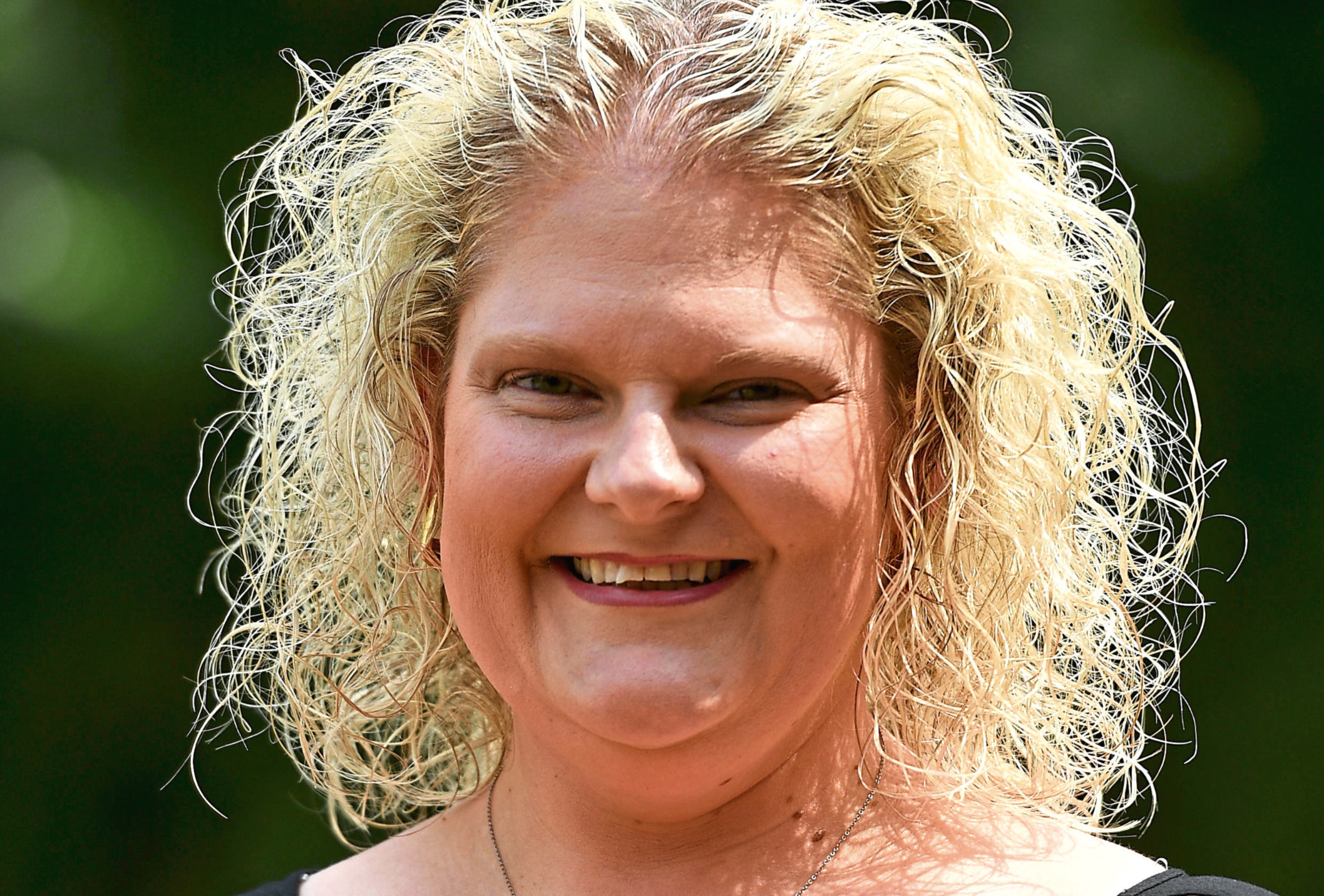
WHEN my son was conceived, my husband was in London, I was in Finland and our future baby was in Aberdeen being made in a petri dish by scientists.
Our 6lb 4oz little marvel arrived thanks to the expertise and doggedness of the fertility team at Aberdeen Royal Infirmary and, while his very beginning was clinical, he was, like any baby, made with love.
As Louise Brown, the first so-called test tube baby, turned 40 last week, I joined the millions of IVF mothers celebrating her birthday, just as my own son, one of the first ICSI (Intracytoplasmic Sperm Injection) babies, reaches his own milestone of 21.
When Louise was born, Patrick Steptoe and Robert Edwards, the two fertility pioneers whose work made her life possible, suggested her middle name should be Joy.
Forty years and more than eight million babies later, it is hard to think of anything more fitting.
But infertility treatment is still a lottery, success rates are low – around 29% for women under the age of 35 – and for many, private treatments are so expensive that it places the chance of even trying for a baby out of reach.
Despite so many disappointments, thousands of childless people will invest, body, soul and life savings, into the hope that they will be the one in three to succeed.
But amid Louise’s birthday greetings, there was a hint of the controversy that IVF still ignites – pro-life campaigners protesting about the embryos discarded during the process.
And as someone with a vested interest in the success of IVF, that’s personal.
I once spent two days interviewing a prominent Catholic priest.
It was, in the main, a respectful and intellectually-challenging interview.
But then we talked about IVF.
And as he raged about what he considered to be the wanton destruction of life, I told him my own son was an IVF baby, a beautiful and much-wanted life that would otherwise never have been.
He didn’t even blink.
I endured the rigours of IVF – and it is a wearing, uncertain process – by never believing it would end with a baby, protecting myself against what I saws as inevitable disappointment.
But there was always a moment when that mask would slip, when the doctor inserted two of my embryos and their survival suddenly rested outside of the safety of a petri dish and inside me.
Only then would I have a little cry.
Until I embarked on IVF, I hadn’t really considered too hard the issue of when life begins.
I had always been pro-choice but IVF made me a little sadder.
I saw my embryos differently, this little cluster of cells, flower-like, with each having a potential to become a child, my child.
But, even so, as a mother who eventually became the lucky one in three, I can’t comprehend why an infertility treatment that has the potential to bring such overwhelming happiness, should be condemned for the lives that could have been and not celebrated for the ones that are here?

Enjoy the convenience of having The Sunday Post delivered as a digital ePaper straight to your smartphone, tablet or computer.
Subscribe for only £5.49 a month and enjoy all the benefits of the printed paper as a digital replica.
Subscribe